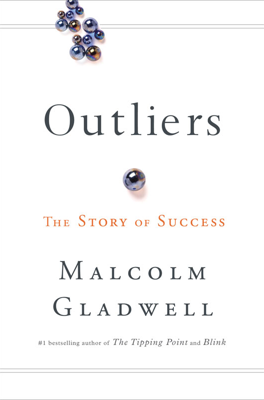Harlan, Kentucky
Malcolm Gladwell examines the historical and cultural context behind the contentious feud between the Howard and Turner families in Harlan, Kentucky. He uses this case to argue that patterns of violence and responses to honor are deeply ingrained through cultural legacies, tracing back to the settlers' origins and professions. Harlan, due to its geographical isolation and the heritage of its settlers — primarily immigrants from the "borderlands" of the British Isles known for their "culture of honor" — developed into a community where personal honor and reputation were paramount, leading to frequent and intense conflicts.
The settlers in this region were herders, a profession that engenders a culture quite distinct from that of farming due to its solitary nature and the constant threat of animal theft. In such a milieu, a fierce protection of personal reputation and a readiness to respond aggressively to threats or insults were survival strategies that became cultural norms, passed down through generations. These traits are argued to be characteristic of cultures of honor, which typically develop in environments that are physically and economically marginal.
The feuding in Appalachia, including the famous Hatfield-McCoy feud, is presented as part of a broader pattern of behavior seen in areas settled by these Scotch-Irish immigrants. The violence in these feuds involved personal grievances rather than economic gain and was interwoven with the social fabric of the communities.
Gladwell further explores how these cultural patterns persist even in contemporary settings through psychological experiments conducted by psychologists at the University of Michigan. This study demonstrated that young men from the southern United States, when insulted, displayed physiological and psychological signs of aggression, consistent with the culture of honor. Interestingly, even those who had migrated to northern parts of America or who came from wealthier, more urban backgrounds still responded with heightened aggression compared to their northern counterparts.
The persistence of the culture of honor underscores the enduring influence of cultural legacies, which Gladwell argues are crucial for understanding patterns of behavior and societal outcomes far beyond the geographical and historical contexts in which they originated. These legacies offer profound insights into how cultural backgrounds shape individual and collective actions, suggesting that the effects of historical and cultural inheritances are long-lasting and widely influential in shaping societal norms and behaviors.
